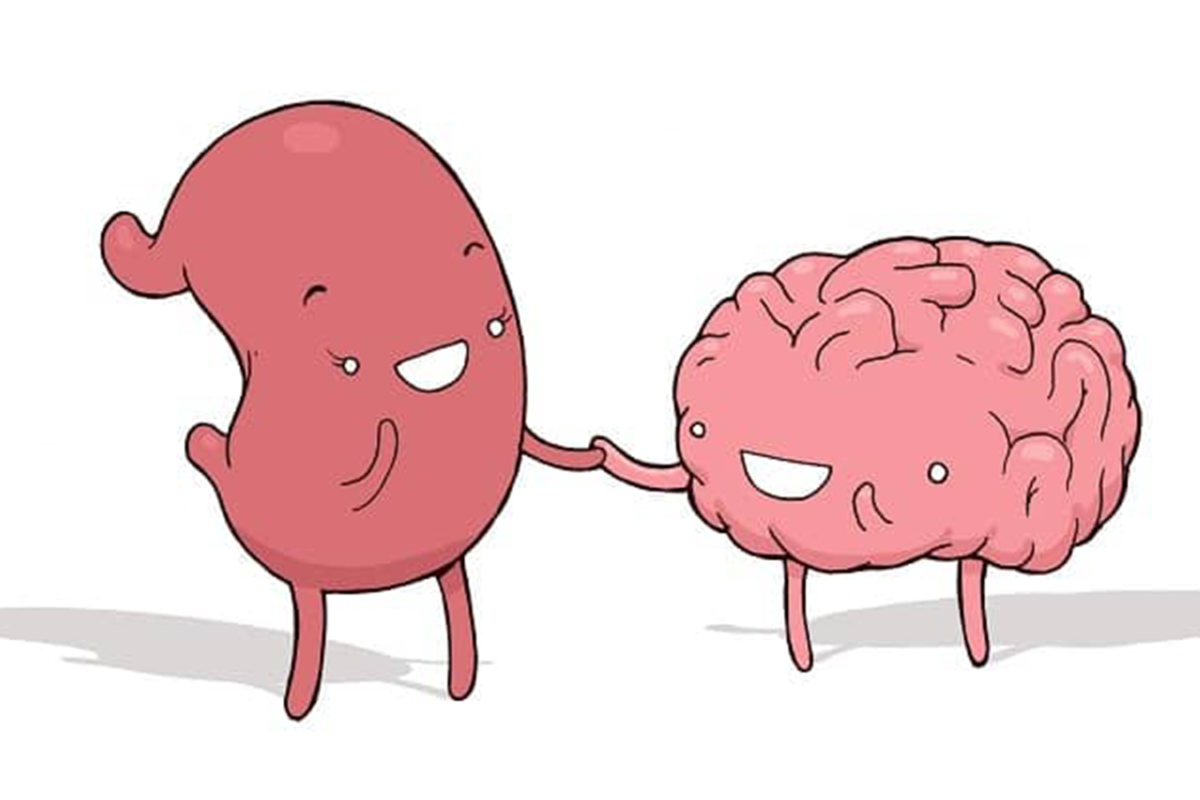Importance of Healthy Gut & Healthy Brain in ASD & ADHD Kids – A Technical Review
Children with ADHD and ASD have shown remarkable improvement and overall symptom reversal by using food-healing protocols that increase healthy gut microbes. This can be a great relief and blessing for families that have been following a strict gluten- and casein-free diet.
ADHD and ASD are just two of the many mental and developmental disorders that can benefit from the application of nutritional therapy to improve gut health. Gut health is important for brain health and directly affects mood and emotions. A growing number of researchers are interested in the relationship between gut microbes and brain function. According to the California Institute of Technology (Caltech), approximately 90 percent of serotonin is made in the gut. Researchers at Caltech are also studying the benefits of gut flora and its direct contribution to reducing autism symptoms in mice and humans.
Ayurvedic research has shown that gut microbes are responsible for creating most of our serotonin and numerous other neurotransmitters that are essential for healthy brain function. Serotonin is necessary for the brain to experience a positive mood and be resilient to stress. Microbes in the gut also have the essential task of supporting digestion by synthesizing vitamins, fermenting things we can’t digest and producing hormones that influence our immune, endocrine and nervous systems.
There is increasing evidence suggesting a link between autism spectrum disorder (ASD) and the gastrointestinal (GI) microbiome. Experimental and clinical studies have shown that patients diagnosed with ASD display alterations of the gut microbiota. These alterations do not only extend to the gut microbiota composition but also to the metabolites they produce, as a result of its connections with diet and the bidirectional interaction with the host.
At Jeevaniyam we follow a protocol with food therapy and neuro counselling which will work hand in hand and the future looks hopeful for children and families dealing with ADHD and ASD. Each child is his or her own unique being and will require an individualized protocol that is specific to that child.



